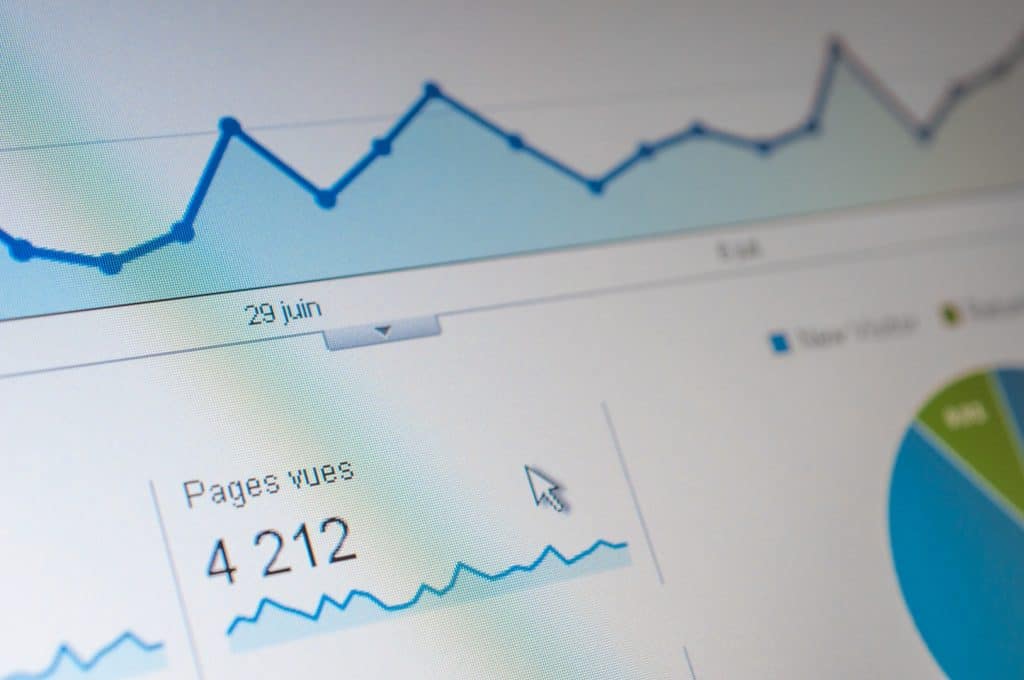How To Prepare A Website For Sale
You have spent the time building your website from nothing. It’s been getting regular traffic and if you have monetised it, it is earning a nice profit each month. The website may have been a passion project that you started up, or you decided to try your hand at building a niche site using SEO to drive traffic.
For whatever reason, you are considering letting your website go and putting it up for sale. Before you go and list your website on a platform like Flippa, there are few things you should do before hand.
Why might someone decide to sell a website?
Often someone starts a blog about something they are interested in, what we call a “passion project”, and after an initial burst of enthusiasm, it become harder to find the time to maintain it. After a few years of adding a couple of different blog posts here and there, the interest has faded and more important things are the priority, like kids and work.
You’ve held onto the site in the meantime, but even a basic website still has some costs associated with, such as renewal of the domain name and hosting. As these renewals come around, you may be assessing whether to pay these again, or just let them expire and move on.
But did you know that there is market with eager buyers for your website? Who are actually willing to pay real $$$ for your website. Instead of letting the domain and hosting expire (and the site you worked so hard to grow end up disappearing in a very non-climatic way, exploring the option of selling a website. It could result in you making a nice lump sum amount for your efforts, plus you get to see your much loved project being passed onto someone who will look to grow and improve what you have created.
Getting the best price for your website
Selling a website is not a common occurrence unless you are in the business of buying and selling. If you have never sold a website, you may not be aware of the housekeeping that may need to occur beforehand.
If you are going to sell your website, the best starting point is that start to think like a buyer. For serious buyers, a website is an investment and is therefore going to be assessed critically based on the information provided and determining a level of risk. The level of risk will impact the perceived value and therefore what price the buyer is willing to pay.
The more information and data the seller can provide about the site and it’s overall performance, the more confident the buyer will be. If they consider it a riskier investment, they will be less likely to pay the higher end of the valuation scale. Although coming up with a valuation is based on multiple factors, a starting point before conducting due diligence is usually 10 – 20 times average monthly earnings.
The actual value a buyer determines the site being worth will then be influenced by a number of things, such as:
The top must do’s to prepare your website for sale
There are many things that can be done to get your website into top shape for a sale, but often it’s a matter of time vs return. There is no point spending hours and hours of work on improving your website if it doesn’t significant improve the perceived value. However, there are several things that are necessary to achieving a great sale result.
Install Google Analytics
If you don’t have Google Analytics installed on your website, you’re going to have a really hard time trying to sell your site at all. If there is only one thing you do, make sure it is this.

Remember, that once you install Google Analytics, you need to give it time to collect data. This means if you don’t have it set up already, you may have to wait 6 – 12 months before selling your site so there is enough information for a buyer to analyse and be confident on it’s overall performance.
Set up Google Search Console
Unfortunately Google Analytics removes a lot of the keyword data from the organic search results collected. So although some useful information can be gleaned from Analytics, such as the landing pages bring in the most traffic, it’s often unclear on what keywords are bring users to that landing page.
This is where Search Console is able to shed some much needed light on what is happening with your website. It provide keyword search terms, associated landing pages, number of searches overall and the number of clicks from those searches to your site. It also provides an average SERP position for each keyword, so you can easily see what keywords are performing well, plus for the savvy buyer, where the potential for improvement is.
If you set up Search Console and have at least 3 months worth of data available, this will dramatically increase the confidence of a buyer when they can determine what keywords your site is ranking for, and hence increasing the likelihood a buyer is willing to pay a premium price to acquire your website.
Record Earnings
It is of utmost importance to accurately and clearly record the earnings produced by your website. The monthly earnings will form the initial basis of valuation, and if there is doubt on how these figures have been arrived at, it will significantly reduce the price a buyer is willing to pay.
For example, a website that is monetised via Amazon affiliate links, you will need to ensure that a unique tag id is being used. Unfortunately, there are many scam sellers who will use the same tag id on multiple sites and claim the total profits are being earned by one site.
If you are therefore using one tag on multiple sites, you will need to create a new one that is to only be used on the website you are looking to sell. After changing all the affiliate links on your website, you will then need to give the site enough time to be able to collect new earnings data. A minimum of 6 months is recommended, though the no longer the better to increase confidence in the website’s earning ability.
Record Expenses
Make a list of all your expenses for the website. This could include premium / paid plugins and themes that are used to create your website, costs for content creation, costs for any advertising or paid traffic to your website, plus any other miscellaneous or usual costs that have contributed to the success of your website.
Although an experienced buyer will already have an idea of the costs for the regular expenses, such as domain name and hosting, it is still a good idea to also include these in your expenses breakdown.
Track Hours Worked
It is important to track the actual hours worked on the website. Often the owner of the website forgets to record their own time as expense. Although you may choose to do certain tasks yourself, this is still considered a cost.
Buyers who are purchasing a website as an investment are wanting to minimise the amount of time they personally spend working on the site. They will look to outsource any work required such as content creation, basic maintenance, building backlinks and social media posts.
If you are doing this work yourself to continue building your site or even to maintain the current traffic levels, it is important that this is captured. It will enable a buyer to make an assessment of the total work required and the costs to either do themselves or to outsource.
Sometimes a seller might think that providing details such as expenses and hours worked will decrease the price a buyer is willing to pay, however it will often work to increase the price. If a seller can demonstrate that they are providing clear and accurate details about all aspects of the website, a buyer will be more confident that the data and earnings potential is correct and that the seller is trustworthy.
Buying a website always carries a level of risk. Digital assets have a wide range of risks that are outside both the buyer and sellers control. Google could change their algorithm at any time, which could negatively impact organic search traffic, or Amazon could change their affiliate program, which could negatively affect earnings.
By reducing the controllable risks to as low as reasonably possible, a buyer will ultimately be willing to pay more as they will be more certain that they will see a return on their investment in the long term.

